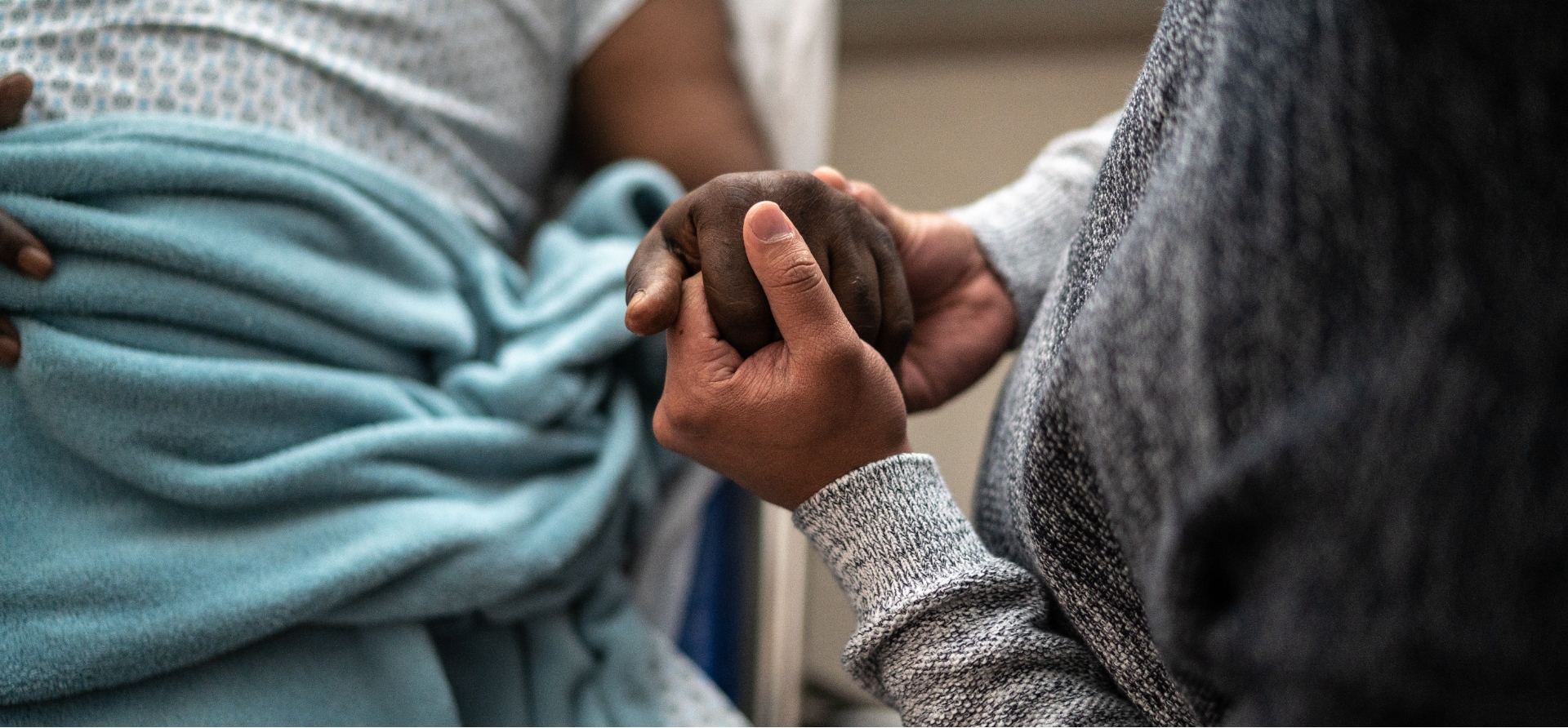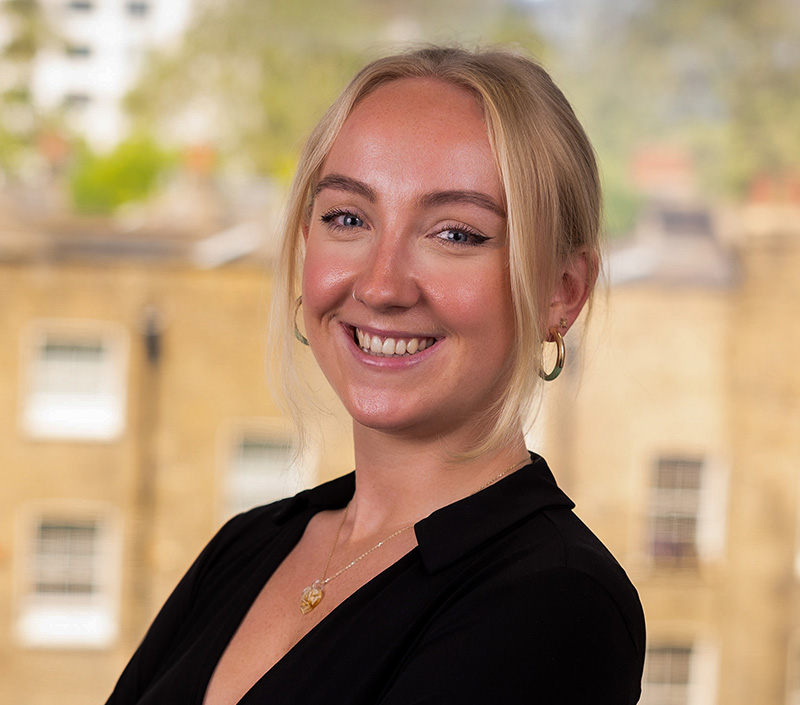
Medical Negligence
Sepsis claims
If you think you or a loved one might have a sepsis negligence claim, we can help.
Sepsis is the body’s response to an infection that can lead to tissue damage, multiple organ failure and death if it is not diagnosed and treated quickly.
According to the UK Sepsis Trust, 250,000 people are affected by sepsis each year, sadly, five people die with sepsis every hour in the UK and 40% of sepsis survivors suffer permanent, life-changing effects. We have dealt with cases arising out of the incorrect or delayed diagnosis of sepsis leading to catastrophic injury and death.
What is Sepsis and who is most at risk?
Sepsis is the immune system’s overreaction to an existing infection or injury. It happens when your immune system overreacts to an infection and starts to damage your body’s own tissues and organs.
Sepsis can be triggered by an infection in any part of the body. The most common sites of infection that lead to sepsis are the:
- Lungs
- Urinary tract
- Tummy
- Pelvis
However, sometimes the specific infection or source of infection can’t be identified.
Anyone can develop sepsis after an injury or infection; however, some people are more vulnerable, including:
- Babies, particularly if they are born prematurely
- People over 75
- Women who are pregnant
- People with a weakened immune system
- People who have recently had surgery
- People who have been in hospital for a long time
- Women who have just given birth, had a miscarriage or had an abortion
- People with chronic conditions such as diabetes, kidney and lung disease
- People with cancer
What are the signs and symptoms of sepsis?
Sepsis is life-threatening and can be hard to spot. There are lots of possible symptoms and they can be different in adults and babies or children.
Common symptoms in adults:
- Acting confused, slurred speech or not making sense
- Blue, pale or blotchy skin, lips or tongue – on brown or black skin, blueness may be easier to see on the lips, tongue or gums, under the nails or around the eyes
- A rash that does not fade when you roll a glass over it, the same as meningitis
- Difficulty breathing, breathlessness or breathing very fast
In addition to the above, common symptoms in babies and children include:
- Difficulty breathing (you may notice grunting noises or their stomach sucking under their ribcage), breathlessness or breathing very fast
- A weak, high-pitched cry that’s not like their normal cry
- Not responding like they normally do, or not interested in feeding or normal activities
- Being sleepier than normal or having difficulty waking
How do you treat sepsis?
Sepsis needs urgent treatment in hospital. If sepsis is detected early before it affects the vital organs, treatment can be as simple as antibiotics. You should receive antibiotics within one hour of arriving at the hospital.
If sepsis is not treated early, it can turn into septic shock and cause your organs to fail. This is life-threatening. If you have severe sepsis or septic shock, you may be admitted to an Intensive Care Unit (ICU), and you might need a ventilator to help you breathe while you recover. Sometimes you may need surgery to remove the areas of infection.
How to make a clinical negligence claim
Early diagnosis and timely treatment are crucial to preventing sepsis from getting worse or causing permanent injury or death.
Unfortunately, early signs and symptoms of sepsis can be very mild, or similar to other illnesses, which can lead to missed, incorrect or delayed diagnoses.
If a doctor or medical professional does not spot the signs of sepsis, or perhaps spots them too late, it could lead to the condition becoming much worse, or even life-threatening.
If you think you or a loved one might have a sepsis negligence claim, please get in touch.















